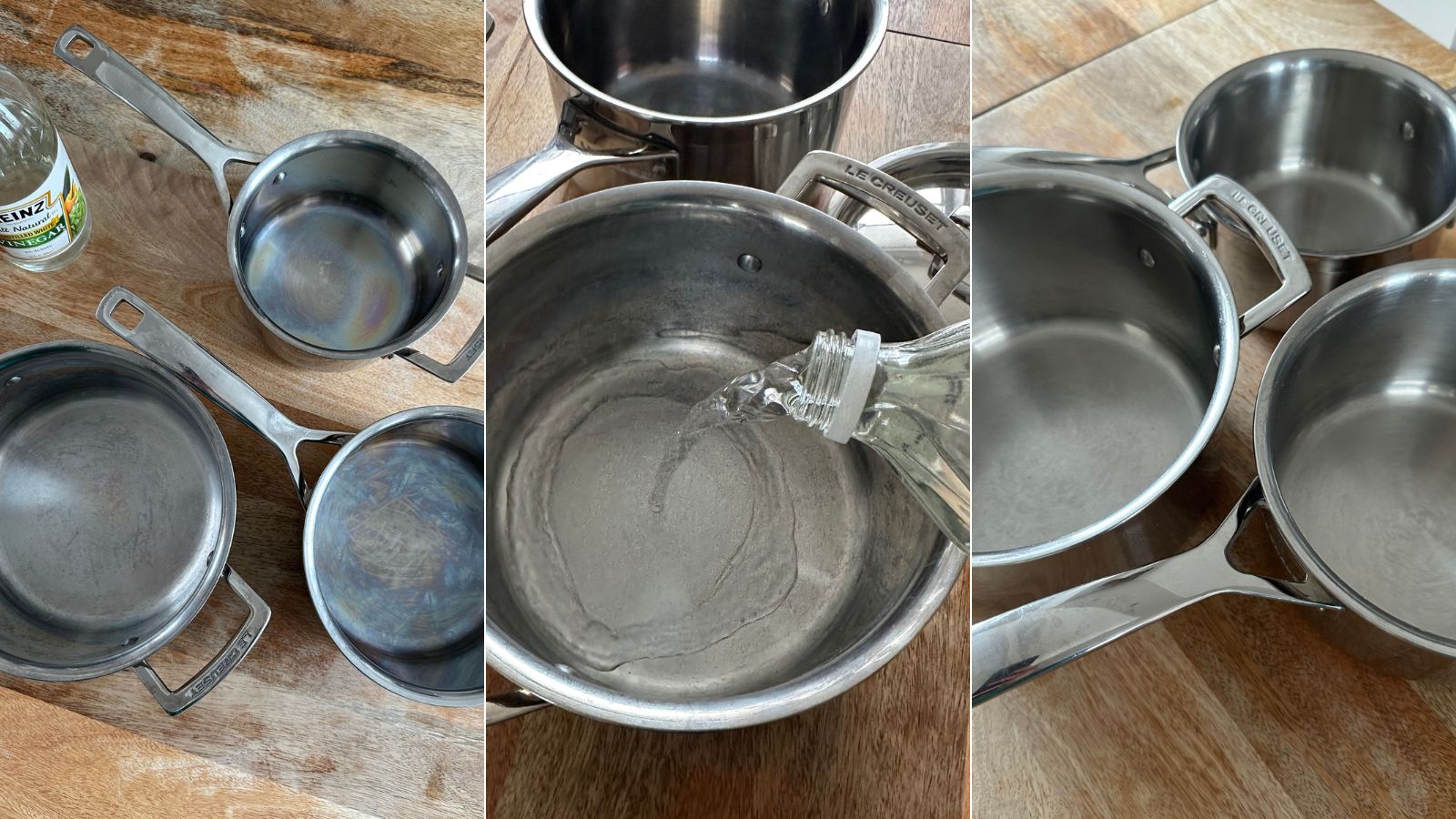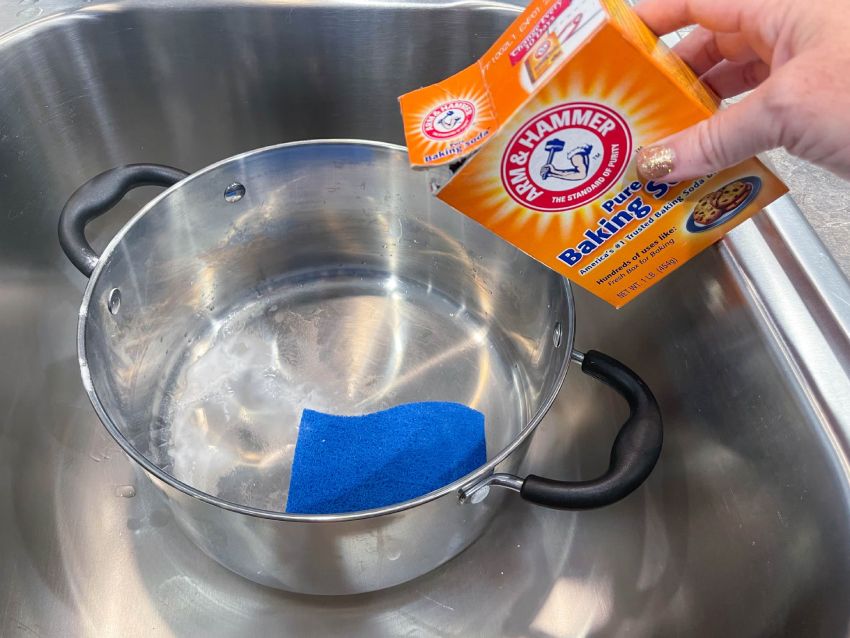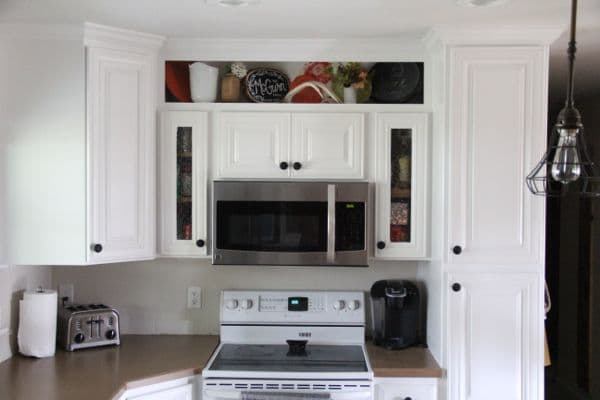Vinegar and baking soda are often used as household cleaners, but both of these substances can have damaging effects on stainless steel when not used properly. Stainless steel is a durable material that is resistant to corrosion, scratches, and stains, but it can still be ruined if exposed to vinegar and baking soda for too long. This article will discuss how vinegar and baking soda can ruin stainless steel, how to properly use these substances on stainless steel surfaces, and the best ways to protect stainless steel against further damage.

Definition of Stainless Steel
Stainless steel is an alloy of iron, chromium, and other metals, designed to resist corrosion and oxidation. It is widely used in a variety of applications, including cookware, medical instruments, and jewelry. It is known for its strength and durability and is often used in harsh environments where other metals would fail. Stainless steel is highly resistant to staining and corrosion, making it ideal for food preparation and medical instruments. It is also non-toxic and non-allergenic, making it a safe choice for cookware and jewelry. Stainless steel is also an environmentally friendly alternative to other metals, due to its ability to be recycled and reused.
How Vinegar and Baking Soda Can Damage Stainless Steel
Stainless steel is a durable and reliable material that is often used in kitchenware, appliances, and other items. However, it is important to be aware that using vinegar and baking soda on stainless steel can cause damage to the surface. Vinegar and baking soda are both acidic and can react with the stainless steel surface, causing it to corrode and discolor. The acid can also penetrate the stainless steel, weakening the material and making it more prone to scratches and other damage. To keep your stainless steel looking its best, avoid using vinegar and baking soda, and instead use a cleaner specifically designed for stainless steel.
Common Uses of Stainless Steel
Stainless steel is one of the most versatile materials available, making it an ideal choice for a variety of applications. From cookware to medical equipment to construction materials, stainless steel is extremely durable and corrosion-resistant, making it a great choice for many projects. Its non-porous surface resists bacterial growth, making it a popular choice for food-safe and medical applications. Its reflective surface also makes it a great choice for architectural applications, from decorative accents to cladding. Its malleability and durability also make it a great choice for automotive and aerospace applications, as well as for items like handrails, fencing, and outdoor furniture. Stainless steel is an incredibly versatile material, making it a great choice for a variety of projects.
What Happens When Stainless Steel is Exposed to Vinegar and Baking Soda
This blog post will explore the potential effects of exposing stainless steel to vinegar and baking soda. We will look at the various reactions that take place between the two compounds and stainless steel, and how this affects the properties of the steel. The article will also look at the benefits and drawbacks of this process, and how it can be used to clean and polish stainless steel. Finally, we will discuss the safety considerations when undertaking this process, and the best practices for working with these chemicals. By the end of this article, you should have a better understanding of the process, and be able to make an informed decision as to whether it is suitable for your needs.
What Can You Do to Protect Stainless Steel From Vinegar and Baking Soda
Stainless steel is a very durable material, however, it can be vulnerable to corrosion when exposed to certain ingredients. Vinegar and baking soda are two of the most common household items that can cause discoloration and damage to stainless steel. To protect your stainless steel from vinegar and baking soda, it is important to regularly clean and maintain the surface. Make sure to dry it completely after cleaning and avoid using abrasive cleaning tools or harsh chemicals. Additionally, it is important to immediately wipe off any vinegar or baking soda that is spilled onto the stainless steel, as leaving it on the surface for too long can lead to permanent damage. Finally, make sure to store any vinegar and baking soda away from your stainless steel, as contact with these materials can still cause corrosion. With the right precautions, you can ensure that your stainless steel remains in top condition for years to come.
How to Repair Damaged Stainless Steel
Stainless steel is a durable material that can be used in a variety of applications. However, it can be damaged by scratches, dents, and other types of damage. If you have damaged stainless steel, you may be wondering how to repair it. Fortunately, there are several methods for repairing damaged stainless steel. You can use a stainless steel polishing compound to buff out minor scratches and dents. You can also use a stainless steel brush to smooth out more severe scratches and dents. For deeper damage, you may need to use a stainless steel welder to patch up the damaged area. No matter what type of damage you have, with a bit of work, you can repair damaged stainless steel and make it look new again.
Alternatives to Vinegar and Baking Soda
Vinegar and baking soda are a classic and reliable combination for tackling household cleaning tasks, but there are plenty of alternative solutions to explore for a more effective cleaning. With a few simple ingredients from the kitchen cupboard, you can make a homemade cleaner that is just as effective as vinegar and baking soda. From lemon juice to baking powder to club soda, there are a variety of natural and effective alternatives to try. Whether you’re looking for a more powerful degreaser or a solution to tackle tough stains, you can create your own homemade cleaners that are both effective and affordable.
Conclusion
Vinegar and baking soda can cause corrosion and damage to stainless steel if used in excess or left on for too long. However, when used in moderation, both vinegar and baking soda can be effective for cleaning stainless steel and provide a safe and affordable alternative to harsh cleaners. Therefore, when cleaning stainless steel, it is important to use these household items in moderation to ensure the longevity of your stainless steel.


